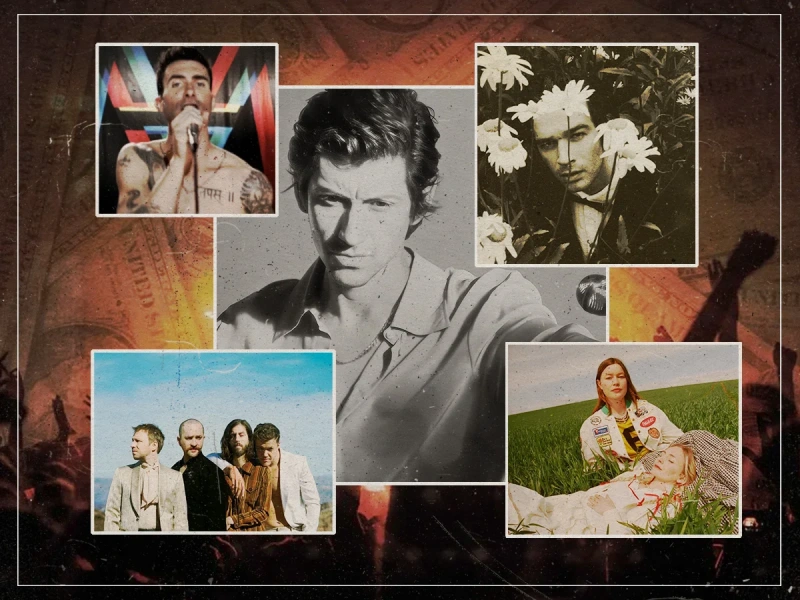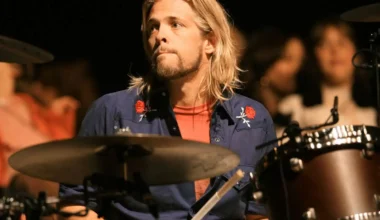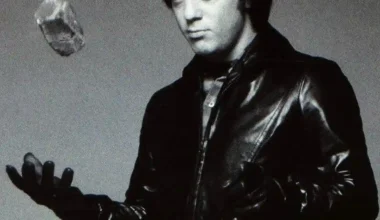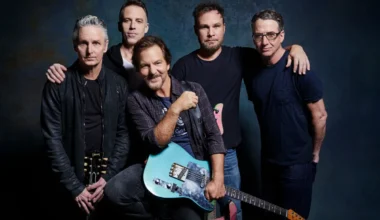In the end, the level of popularity for any rock band appears random. While some artists may strive to appeal to the widest possible audience, there are instances in which connecting with a smaller audience can yield far greater rewards than performing in front of massive global crowds. However, the royalty checks frequently paint a different picture, and the money coming in from the music business is still enormous.
How the current generation of rock bands presents themselves is consistently unique. Except for more well-known rock acts like The Struts, guitars have been regarded as textures in modern music, as opposed to the performers of the 1970s through 2000s who were eager to show off their skills while holding a guitar.
However, judging by the raw sales figures, many current rock acts appear to be dominated by their historical counterparts. Many of the biggest names in music on paper are still associated with performers like The Beatles and Billy Joel, who haven’t exactly been the most productive since their prime, according to either the streaming numbers or the digital sales figures.
Modern rock bands still seem to be heavily reliant on synth textures; Maroon 5’s music video for “Sugar,” which leans more toward pop than rock, has received the most views of any band’s music video on the internet. The popular rock bands of today are demonstrating that, despite what most people believe, rock is not dead but rather is simply developing.
What defines today’s new wave of bands?
The majority of the rock and roll genre began to divide into two groups in the early 2000s. Even if indie rock favorites like Metallica and Led Zeppelin continued to sell out, a new wave of bands attempted to draw inspiration from their classic influences. The next wave of rock has been trending toward fusing as many different genres as possible, even though that kind of rock and roll is still lucrative (those Nickelback records didn’t sell themselves).
Many contemporary rock bands, like Linkin Park, have a history of combining various textures under one roof. While some people find it amusing when songs lack structure, artists such as Arctic Monkeys and Muse have been experimenting with reinterpreting classic hits. This has included creating more pop-oriented songs or venturing into previously unexplored genres, like Alex Turner’s unexpected move with The Monkeys on The Car. Though many may disagree, the new wave of bands proves that it’s sometimes preferable to defy genre stereotypes rather than stick to one set of rules.
Who are the biggest musical icons of the 2020s?
The majority of the most well-known musicians of the last few years are usually solo performers rather than members of ensembles. Drake continues to be one of the biggest chart stars of his day. In contrast to the days when bands ruled the charts, most of the biggest names in music now originate from only one artist, with a variety of songwriters contributing to help flesh out their arrangements. But what about these musicians appeals to me more than the band mentality?
It’s easy: there is only one person. Even though a lot of rock fans could name every single Beatle, it’s simpler to relate to one person’s experience than it is to get knowledgeable about the history of all of your favorite bands. Although Taylor Swift has gained a lot of admirers this decade so far, her success has been entirely based on her unparalleled ability to connect with her audience. But there’s still time for rock to get its due, given how other acts are making their way onto the charts while waving guitars.
Where are the new indie rock bands?
Based only on online sales, Imagine Dragons is the biggest band that is still selling steadily in the 2020s, having sold over 103.5 million units. However, it seems like Imagine Dragons have faded away in recent years, making space for bands that don’t depend on sales figures or radio broadcasts to get recognition.
Since the streaming model has become the norm, musicians have resorted to making their name for themselves online. They either upload videos to gain as much publicity as possible or completely abandon the major labels to work with Soundcloud and Bandcamp to reach their target audience. While band popularity may not be as important as it once was, punk rock’s DIY mentality is more relevant than ever given the number of bands who have migrated to smaller labels and attempted to succeed independently.








